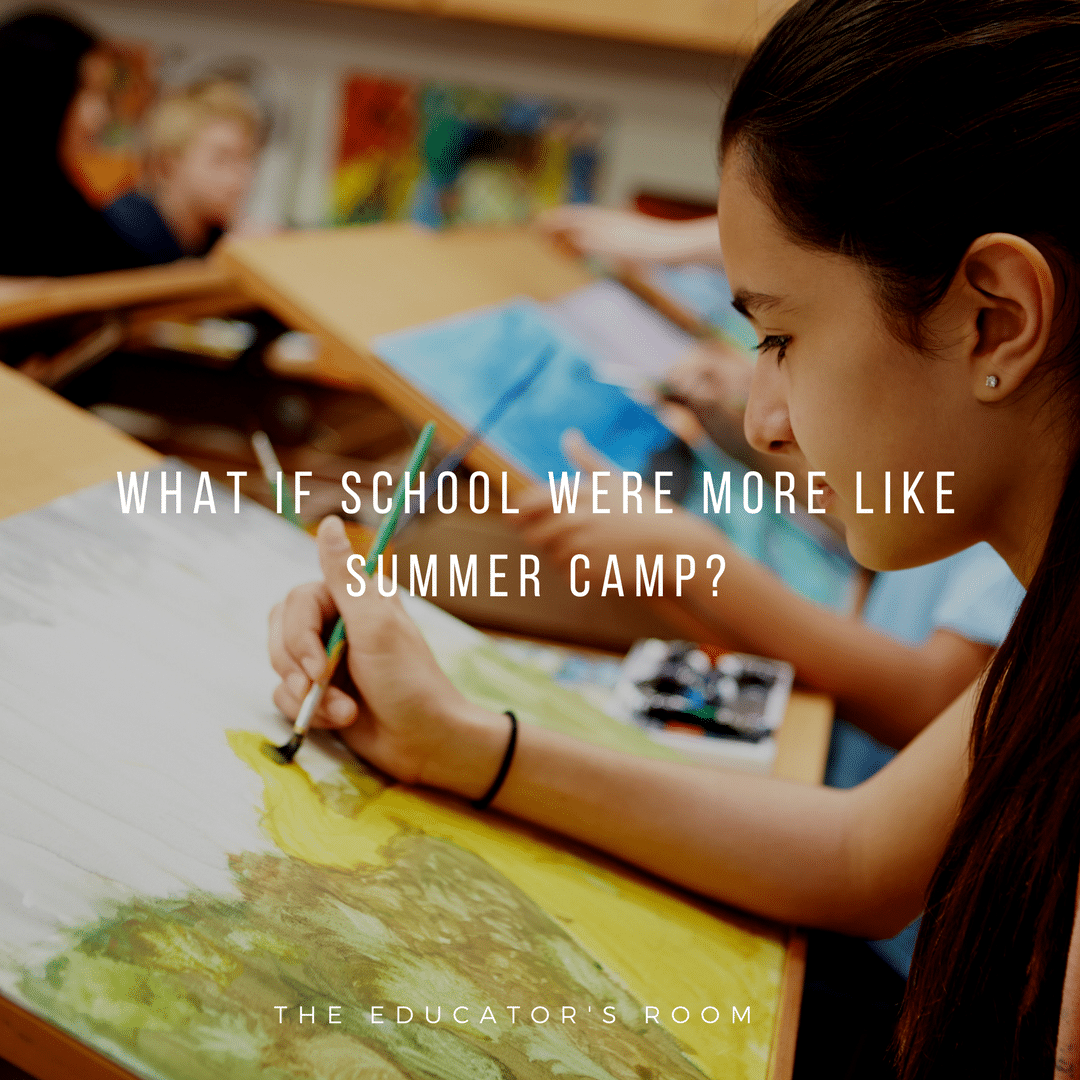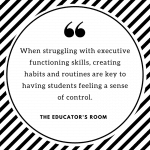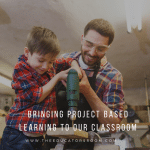Every March, the fourth grade class at my school takes an annual overnight trip to a YMCA Camp. For many of our students, this is a novel and unforgettable experience; and, it has proven to be just as formative a trip for me as a teacher. I observe levels of interest, engagement, and enthusiasm at camp that often go unseen in the classroom setting. When I watch my students at camp, I am reminded of my own experiences as a camper: nonsense songs, messy crafts, corny riddles, smelly sunscreen, smokey campfires, sweaty games, sticky bug spray and all. Growing up, camp was undoubtedly one of my favorite places in the world.
My fondness for camp only grew deeper as I grew older and closer to my teaching career. In college, I made my way back to the camp scene as a summer camp counselor in Indiana, working twenty-three hour, air-conditionless shifts five days a week with campers ages seven to fourteen. Despite the perhaps unglamorous job description, I loved every minute of the time I spent as a summer camp counselor.
When I visit camp with my students as a teacher, I can’t help but notice the energy and enthusiasm of the camp staff. I find myself wondering: How is camp counselor burnout not affecting the camp industry, while teacher burnout is alive and well? The roles of teacher and summer camp counselor, school and camp, are undeniably different. In many ways, the two jobs are unfair to compare. Nonetheless, I can’t help but wonder how implementing some elements of summer camp in schools would impact the sustainability and support of teacher wellness and, ultimately, education in general. Below are some ideas that schools could borrow from summer camp to support teachers and, consequently, the optimal student experience.
Teacher Roles and Responsibilities
When I was on camp staff, counselors were trained and qualified to fill a variety of roles. Every week of fresh campers meant a new position for each counselor. “Group counselors” were responsible for building community within their assigned groups of campers. They took groups to their various activities and engaged campers during downtimes while also ensuring basic camper needs were met. “Area counselors” were the experts and facilitators for all camp activities that week. They oversaw areas like archery, tie-dye, arts and crafts, canoeing, and swimming. The beauty of this structure was if, for example, a counselor spent one week with a demanding group of campers in a “group” position, that counselor could be assigned to a more relaxed role the next week for some rejuvenation. All the needs of campers were met with the interest of counselor wellness at the forefront.
As an elementary school teacher, I play a variety of roles simultaneously: instructor of math, science, social studies, reading and writing, community builder, family communicator, counselor, mediator, fundraiser, coordinator, and organizer, to name a few. Please do not misinterpret this statement as a complaint: I love what I do. However, just because I am capable of taking on all thirteen of the aforementioned positions at once, does not necessarily mean I should. This “jack of all trades” model has proven difficult to maintain for many; and, if teachers aren’t taken care of, neither are students. What if a school, like camp, gave teachers “group” and “area” roles? More defined, concise, delegated responsibilities among a well-trained, expansive staff would support teacher sustainability, wellness, and retention.
Materials and Facilities
Different camps offer different amenities. You could visit summer camps boasting the finest facilities, complete with fancy trampolines, expansive snack shops, exhilarating water slides, comforting air conditioning units, immaculate horse stables, heated swimming pools, or thrilling speedboats. The summer camp where I worked was not one of those summer camps. In fact, while unquestionably enticing, we offered not one of the listed features. Our camp was run on the philosophy that campers were not returning summer after summer for things. Children attended our camp for shared experiences and interactions with people.
The adoption of this philosophy by schools that people, not things, are the formative piece of a child’s experience would be transformative. Before ensuring that my students are learning in state of the art facilities with one-to-one technology, which I can appreciate, provide children with the time and attention they need to thrive. When I realize my happiest moments teaching were spent in a portable trailer classroom, I am reminded of the dispensability of things. People are irreplaceable, and our most critical investment in terms of student success and learning outcomes.
Community Building
Children returned to camp summer after summer with a sense of allegiance, carrying on camp traditions, participating loudly and proudly, and even giving back as staffers and donors years later. The sense of belonging and the notion that they mattered at camp kept them connected and affirmed. This is not a new idea but one that, in my experience, is placed on the back burner in the interest of more short-term goals. However, the idea of building community and a sense of belonging is one that, if abandoned, affects our children greatly. When students feel loved and able to make a difference, in any capacity, they will.
At camp, this manifests in a variety of ways: morning and evening gatherings, opportunities for sharing, all-camp games, showcasing gifts, talents, and interests, and shared meals. The element of community building is not necessarily absent in schools. However, the benefits of reallocating time to prioritize building this sense of belonging and at school for students would positively influence student experiences, engagement, and outcomes.
[bctt tweet=”As a teacher, I can’t help but wonder what bringing some of the sunshine and fun of camp into schools would do for our education system.” username=””]
As a child, I saw school and camp as two starkly contrasted places. A school was a place for learning and discipline, and camp was a place for sunshine and fun. Looking back, I realize how much learning and discipline I was truly experiencing while at camp. As a teacher, I can’t help but wonder what bringing some of the sunshine and fun of camp into schools would do for our education system. Support of teachers in the implementation of these structures would ultimately support us all.






